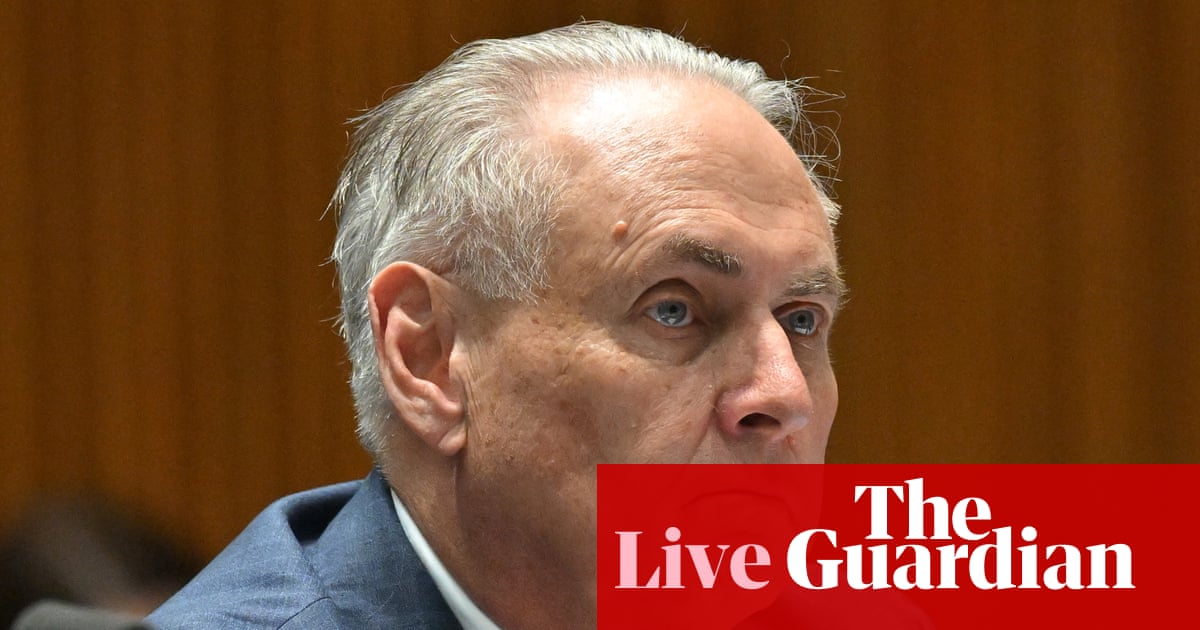Unbelievable Cyber Attack: Did Russia Just Halt Jaguar Land Rover's Production?

In a shocking turn of events, Jaguar Land Rover (JLR) found itself at the mercy of a cyber attack that forced a month-long halt in production. What’s more alarming? Investigators are now eyeing Russia as a potential culprit behind this massive digital disruption, raising serious concerns about the security of British industries.
A spokesperson for JLR spoke to The Telegraph, emphasizing that the investigation is still unfolding and cautioning against jumping to conclusions. The UK government has routinely pointed fingers at various actors for malicious cyber activities targeting the nation, and this time, they seem to be looking closely at foreign state involvement.
The probe is being spearheaded by the National Cyber Security Centre, a segment of the Government Communications Headquarters (GCHQ), with assistance from the National Crime Agency. Just last week, GCHQ experts were dispatched to JLR to initiate a preliminary investigation. Given the sheer scale and sophistication of the attack, it appears investigators have grounds to suspect that it may have been orchestrated by a foreign state - with Russia now a significant focus of their inquiry.
The attack, which came to light on August 31, incapacitated around 800 of JLR's computer systems, effectively putting the brakes on operations across the board. Factories in the UK, Brazil, India, and Slovakia were also affected, throwing approximately 200,000 jobs in the company's global supply chain into uncertainty.
Chancellor Rachel Reeves recently remarked on ITV News that “hostile states like Russia” are responsible for several cyber attacks targeting the UK this year. While she refrained from specifying which breaches she believes were initiated by the Kremlin, there’s no denying the escalating trend of cyber intrusions affecting British brands like Marks and Spencer, Harrods, and Co-Op.
In light of these troubling threats, Reeves urged both the government and business sectors to strengthen their defenses against this growing menace. Just last month, fears of Russian interference in European infrastructure bubbled up again after drones caused airspace chaos in Denmark and Germany.
As for JLR, the aftermath of the cyber attack has prompted the government to underwrite a staggering £1.5 billion loan guarantee to provide suppliers with some assurance regarding payments, with worries that disruptions could send shockwaves through the global automotive industry.
While this financial lifeline offered a semblance of relief, the timing of the attack was particularly detrimental as it coincided with the September registration period – a peak season for car sales. Following the attack, JLR reported a steep 17% drop in global sales from July to September compared to the previous year, with UK sales plummeting by nearly a third.
Despite these setbacks, JLR is slowly getting back on track, having resumed production at its engine plant in Wolverhampton and its battery assembly center in Coleshill, Birmingham, as of Wednesday. Stamping operations in Castle Bromwich, Halewood in Merseyside, and critical areas of its Solihull vehicle production plant are also back in motion.
JLR's global manufacturing director, Luis Vara, expressed optimism as operations restart: “There is a strong sense of unity and momentum as we get back to doing what we do best, building quality luxury vehicles for our customers.” With the largest supply chain in the UK automotive sector, which employs around 120,000 individuals, JLR is determined to overcome this latest hurdle and continue thriving.


























